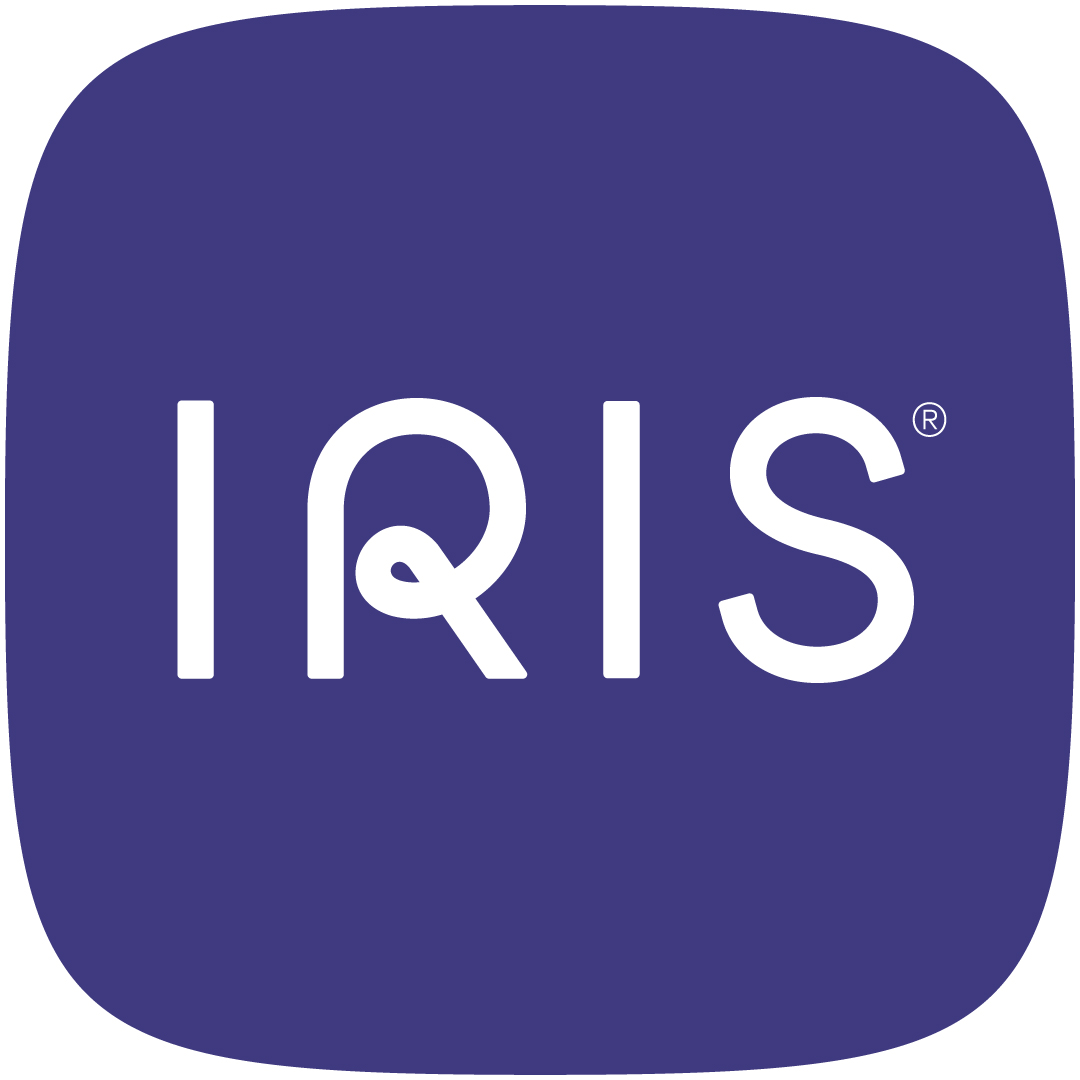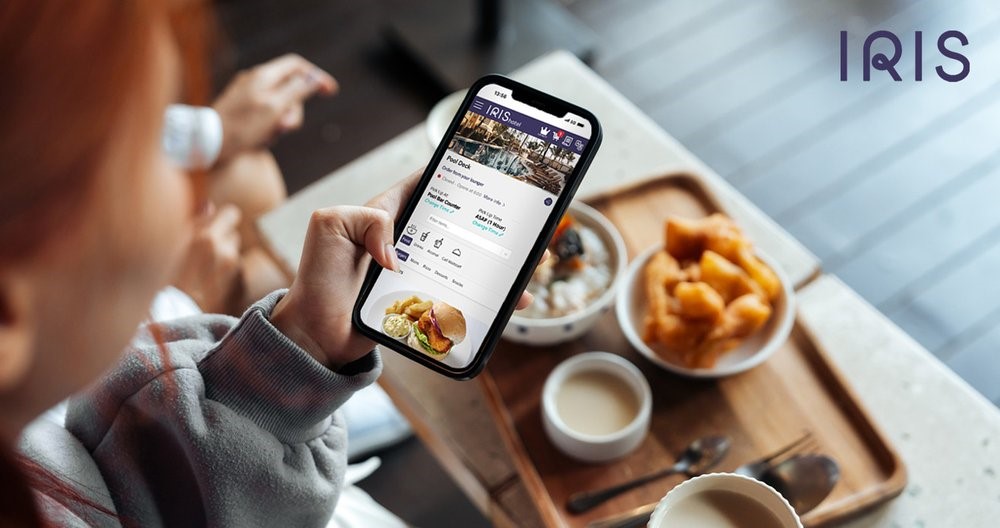

It’s no secret that guests expect quick, personalized
service during their hotel stay—but any experienced hotelier knows that
providing this consistently is easier said than done. From answering booking
questions to accommodating in-room requests, there are some things you probably
wish you could just…delegate.
Good news: You can! The advancements of artificial
intelligence in the hotel industry have opened new doors for hoteliers to
automate repetitive tasks. This gives you and your staff more time to focus on
great stays. Here are eight easy ideas to enhance the hotel guest experience
using AI.
AI in hospitality
research
Key
highlights:
- AI
makes it possible for hotels to deliver curated experiences at scale
- Top
AI guest engagement solutions include chatbots, smart room technology and
digital concierge tools
- By
automating routine tasks, AI frees hotel staff to focus on high-touch
interactions
Understanding
guest engagement
Hotel
guest engagement is how you connect and interact with your guests, starting
from the moment they discover your property and extending well beyond their
stay. Done right, it’s a smart way to enhance the guest experience and keep
them coming back. Doing it wrong? That’s how you turn a potential brand
advocate into an active detractor.
It’s a lot of pressure to put on hotels, but luckily,
this responsibility doesn’t have to fall squarely on your staff’s shoulders. AI
tools are changing the way hotels and guests interact for the better, making
high-quality, personalized service possible to provide at scale.
Top 8 ideas
to enhance hotel guest experience with AI tools
Below,
we’ll explore how to engage with hotel guests using AI. With the right
hospitality-focused AI solutions, your efforts will unburden your team, drive
repeat bookings and increase revenue.
- Personalized
Welcome Messages Using AI Tools
Whether it’s a text or email, reaching out to guests before they arrive sets the tone for their stay. It also communicates essential booking details and gives them a chance to ask any questions before they arrive on site.
Manual, one-off pre-arrival communication strategies
aren’t realistic for busy staff. With the help of AI, you can automate welcome
messages via email and text. Here’s how that might look:
- An
automated welcome message the day before arrival that details essential
information such as check-in time, their booking confirmation and how to
get in touch
- A
post-welcome message sent an hour after check-in establishes a connection
with on-site guests, giving them the chance to get questions answered and
purchase add-ons
- A
pre-checkout message sent the night before departure that details checkout
procedures and offers a late checkout for a fee.
- A
post-departure message the day after the guest leaves to ask for feedback,
thank them again and send out an offer if they’d like to visit in the
future.
Did you know: 90% of people respond to SMS messages
within 30 minutes? This means texts are the best way to share time-sensitive
promotions, and Canary’s AI-Powered Guest Messaging solution makes it easy for
this to happen at scale.
- Chatbot
Messaging and Virtual Assistants
Fast response times mean current and future guests get instant answers right at their fingertips. This is especially powerful for increasing direct bookings, as AI-powered website chatbots engage potential guests before they have a chance to explore competitors. Simple questions, like pet policies or breakfast hours, don’t require them to wait for a response.
Utilizing AI during the stay keeps this communication
cadence going. When a busy hotel adopted Canary’s AI Guest Messaging system, it
automated 82% of communication. The result? A dramatic reduction in time spent
answering repetitive questions and more opportunities to introduce personalized
service.
- Smart
Room Technologies
Think about it: Many homes are outfitted with smart thermostats, speakers that talk back and screens that put the internet at your fingertips. Hotels that offer this same tech boost satisfaction by appealing to the 65% of travelers who want the technology in their hotel to be even more advanced than what they have at home.
Here
are a few ideas for including smart tech in your hotel rooms:
- Smart
thermostats: Allow guests to adjust the temperatures in their rooms
automatically according to their specific comfort level.
- Intelligent
room management: Introduce extra convenience features like smart curtains,
smart lighting and smart showers so guests can tailor their stay to their
liking.
- Smart
TVs: Let guests easily stream their own content from Netflix or Hulu, just
like at home.
- Wireless
charging stations: Eliminate the need for cables and cords by letting
guests charge their devices on charging pads located throughout the room.
- Mobile
keys: Allow guests to use their smartphones to unlock their rooms to
enhance security and streamline remote check-in and checkout processes.
- In-room
tablets: Provide a digital way to control room features, order services
and get hotel information.
And because many of these services can be boosted with
AI, you can create an even more modern guest experience for tech-savvy
travelers.
- Voice-Activated
Services
Properties that add voice-activated controls to their tech stack allow guests to control things like lights, temperature, and TVs just by speaking. With just a few short commands, guests can turn up the heat or request a wake-up call.
Some hotels even use smart tech that lets guests order
room service or ask for hotel info with simple voice commands. By offering
these kinds of hands-free conveniences, your hotel becomes more than just
tech-savvy—you build a guest experience that’s personalized and fun.
- Multilingual
Customer Support
Modern guest engagement solutions speak your guests' language—literally! If you want to attract global travelers, you'll need to be able to communicate in many languages. And that many bilingual staff members are hard to find.
AI-powered hospitality chatbots and virtual assistants
translate and communicate in multiple languages, offering instant, multilingual
support around the clock. Providing this kind of support shows guests that
their satisfaction matters, no matter where they’re visiting from.
- Mobile
Check-In and Checkout
More hotels are eliminating front desk friction with digital check-in and checkout processes. Travelers have come to expect this type of efficiency from their hotel, but you can take it one step further by tailoring this experience with AI. How does it work? Here are a few examples:
- If
a guest writes in asking about pool hours or amenity info after check-in,
AI can automatically answer.
- AI
can send offers based on customer information taken at check-in, such as
if they have children in their party or are celebrating something special
- If
a guest has a question about checkout times, AI will give them the details
and offer a late checkout for a fee
- Digital
Tipping
Research shows that guests want to tip hotel staff, but only a few carry the cash to do so. Digital tipping makes it easy for guests to reward staff with just a few taps on their phone. This reward system greatly improves staff morale, which in turn improves guest satisfaction.
For example, when Hyatt Place Durham Southpoint
implemented digital tipping software, they saw an improvement in staff
retention and their cleanliness score jumped six points. When staff are
incentivized to go above and beyond, the service they provide is unparalleled.
- Virtual
Concierge
AI guest communication tools also act like a digital concierge, offering guests curated recommendations. Unlike your human concierge team, digital concierge services are available 24/7 to provide instant help, such as:
- Making
transportation arrangements
- Building
itineraries based on local attractions and events
- Planning
on-site activities and experiences like spa treatments or yoga classes
- Recommending
dining or bar experiences
- Responding
to guest requests (i.e., room service, housekeeping, checkout)
The biggest benefit of virtual concierge services?
Timing. These AI tools respond to requests without any delay, empowering your
team to promote timely offers throughout the guest’s stay.
AI in hospitality
research
Choosing
the right guest engagement strategy
When you find ways to communicate with guests intentionally and consistently,
you build loyalty because guests feel understood and valued, translating to
more memorable experiences. Here’s how to start brainstorming an engagement
strategy that works for your hotel:
- Know
your guests inside and out: Figure out who your
typical guests are, what they like and where they find you. Understanding
your guests opens up all new ways to connect in the ways that resonate
most.
- Identify
points of friction: Audit your existing guest
experience processes to highlight areas that hold you back, like if your
guest reviews frequently mention slow response times. Knowing where you
need to streamline communications will help you identify how AI can help.
- Mix
high-tech with human touch: While chatbots and
messaging systems are great for quick questions, guests still need a real
person for bigger issues requiring a more personal connection. Find the
right balance between using technology and having staff available.
- Leverage
data for better experiences: From booking patterns
to guest preferences to feedback, data insights help you identify trends
and drive revenue. Your AI tech stack should integrate with your PMS
software or CRM to make the most of the data.
4-Step formula for hotel guest engagement
Improve your guest engagement with Canary
Hotel guest engagement doesn’t have to be 100% human. Let AI elevate your hotel
experience and handle every interaction with the level of care and attention
guests expect. Canary’s guest experience platform integrates seamlessly with AI
chatbots, virtual messaging systems and concierge tools, freeing up your team
to connect with guests.
To learn how Canary can help your staff deliver personal
touches that build real loyalty, request a demo today.







